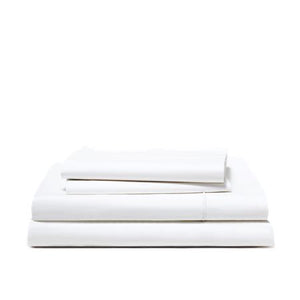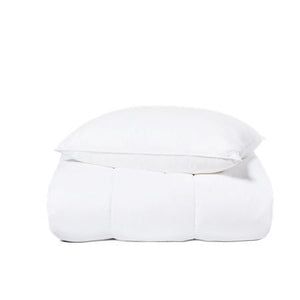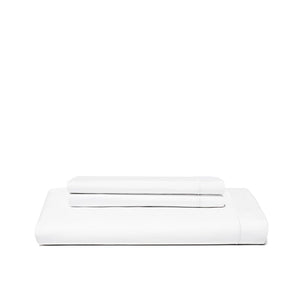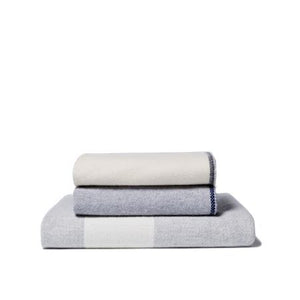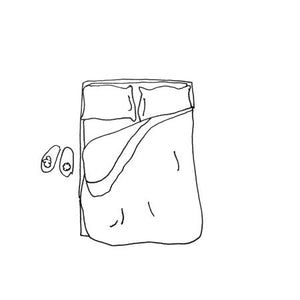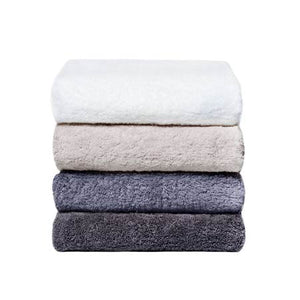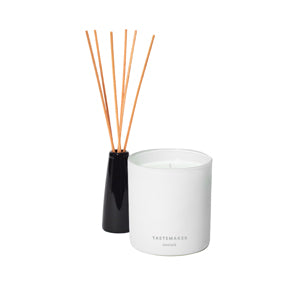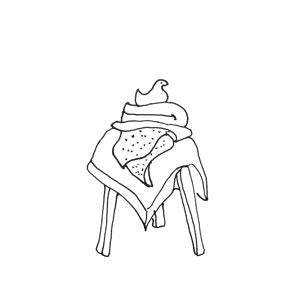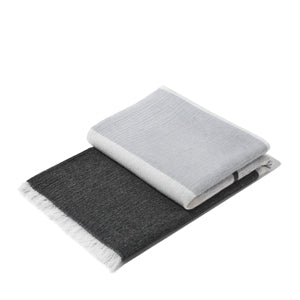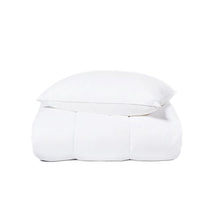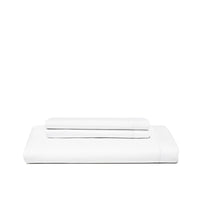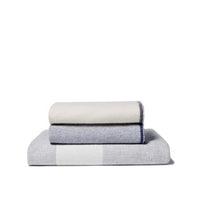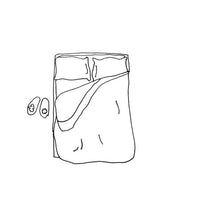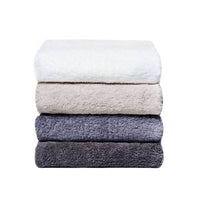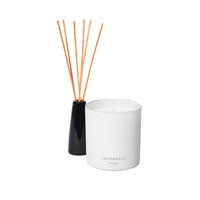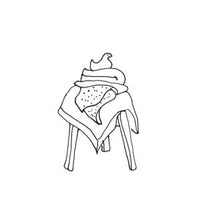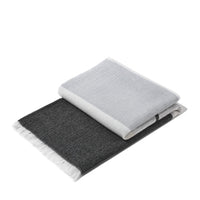Choosing between organic and regular cotton can be overwhelming, but understanding their key differences can help. Organic cotton is celebrated for its eco-friendly properties, as it is grown without synthetic pesticides, fertilizers, or genetically modified seeds. This makes it a sustainable choice, and it is also softer and hypoallergenic, ideal for those with sensitive skin or allergies.

Regular cotton, on the other hand, is more widely available and often more affordable. However, it is grown using synthetic chemicals that can lead to soil degradation and water pollution. While regular cotton sheets are soft and durable, they can cause skin irritation for some due to the chemicals used in their production.
Ultimately, your choice depends on your values. If you prioritize sustainability and environmental responsibility, organic cotton is the better option. If affordability and accessibility are more important, regular cotton may be suitable. Visit Snowe Home to explore our luxurious collections, including the Percale Sheet Set and Sateen Sheet Set. Buy now for ultimate comfort and eco-friendly living!
Understanding Cotton Types

Organic Cotton
Organic cotton is a type of cotton that is grown without the use of synthetic pesticides, herbicides, or fertilizers.
Instead, organic farmers use natural methods to control pests and weeds, such as crop rotation, intercropping, and the use of beneficial insects. Organic cotton is also non-GMO, meaning it has not been genetically modified.
To be certified as organic, cotton must meet certain standards set by organizations such as the Global Organic Textile Standard (GOTS). This certification ensures that the cotton has been grown and processed according to strict environmental and social criteria, such as using renewable resources, fair labor practices, and excluding harmful chemicals.
Organic cotton is often touted as a more sustainable and eco-friendly alternative to conventional cotton. It is believed to have a lower environmental impact, as it reduces the use of harmful chemicals and promotes biodiversity. Organic cotton is also said to be softer and more breathable than regular cotton, making it a popular choice for clothing and bedding.
Conventional Cotton
Conventional cotton, known as regular cotton, is the most widely grown and used worldwide.
Unlike organic cotton, conventional cotton is often grown using genetically modified seeds and synthetic pesticides, herbicides, and fertilizers. This can negatively impact the environment, such as soil degradation, water pollution, and harm to wildlife.
However, conventional cotton is often cheaper and more widely available than organic cotton. It is also considered more durable and resistant to wrinkles and shrinkage.
Cotton Cultivation and Production

Organic Cotton Cultivation
Organic cotton cultivation is a sustainable farming practice that eliminates synthetic fertilizers, pesticides, and genetically modified seeds.
Instead, organic cotton farmers rely on natural methods to maintain soil health and fertility, such as crop rotation and composting. This results in healthier soil retaining more water and nutrients, leading to higher yields and better-quality cotton.
Organic cotton farming also helps conserve water sources by reducing water usage.
Organic cotton farmers typically rely on rainwater or drip irrigation systems, which use less water than conventional irrigation methods. This conserves water and reduces the risk of soil erosion and nutrient runoff.
Conventional Cotton Production
Conventional cotton production relies heavily on synthetic fertilizers, pesticides, and genetically modified seeds to maximize yields. This increases chemical usage, leading to soil degradation, water pollution, and health risks for farmers and consumers.
Conventional cotton farming also requires large amounts of water for irrigation, which can strain local water sources and contribute to water scarcity.
In addition, conventional cotton farming practices can lead to soil erosion and nutrient depletion, reducing yields and degrading soil health over time.
Benefits of Choosing Organic Cotton

When it comes to cotton, choosing organic has several benefits for the environment and your health. Here are some of the advantages of choosing organic cotton over regular cotton:
Environmental Advantages
Organic cotton is grown using sustainable farming practices prioritizing soil, water, and air health.
This means that organic cotton farming is less environmentally harmful than conventional cotton farming, which relies heavily on pesticides and synthetic fertilizers. Organic cotton farming also helps to maintain biodiversity by supporting a variety of plants and animals in the ecosystem.
Health Benefits
Organic cotton is free from harmful chemicals that can cause health problems, such as skin irritation and allergies.
This is especially important for people with sensitive skin, who may be more susceptible to these issues. Choosing organic cotton can also help reduce exposure to pesticides and other harmful chemicals when using non-organic cotton.
Social and Economic Impacts
In addition to organic cotton's environmental and health benefits, choosing organic also supports ethical labor practices and fair wages for workers.
Organic cotton farmers and workers are often paid a fair wage for their work, which helps to support their families and communities. Additionally, many organic cotton farms are certified by organizations that ensure ethical labor practices, such as the Fair Trade Certified label.
Challenges and Considerations

Organic Cotton Challenges
While organic cotton has numerous benefits, it also faces its own set of challenges.
One of the primary challenges is the limited availability of organic cotton. Organic cotton production is still a relatively small portion of the overall cotton market, and finding organic cotton products can be difficult and expensive.
Another challenge is that organic cotton yields can be lower than conventional.
This is because organic cotton farmers do not use synthetic fertilizers and pesticides, which can result in lower yields. However, the right farming practices can improve organic cotton yields.
Issues with Conventional Cotton
Conventional cotton production is associated with several environmental and social issues.
One of the biggest concerns is using pesticides and synthetic fertilizers, which can lead to soil degradation, toxic waterways, and other environmental problems. Additionally, conventional cotton production is often associated with unethical labor practices, including child labor and poor working conditions for farmers and workers.
Another issue with conventional cotton is the price.
While conventional cotton products are often less expensive than organic cotton products, the true cost of conventional cotton is not reflected in the price tag. Traditional cotton production's environmental and social costs are not factored into the price.
How to Identify Authentic Cotton Products

When buying cotton products, it can be difficult to determine whether the cotton used is organic or regular. However, there are a few ways to identify authentic cotton products and ensure you make an informed purchase.
Certification and Standards
One way to identify authentic organic cotton products is to look for certifications and standards.
The Global Organic Textile Standard (GOTS) and the Organic Content Standard (OCS) are two widely recognized certifications for organic cotton. These certifications ensure that the cotton used in the product is grown without harmful chemicals and meets specific environmental and social criteria.
In addition to these certifications, third-party certifications can further assure the authenticity of the cotton used in a product.
Look for certifications such as the USDA Organic label or the Soil Association Organic label, which indicate that the cotton used in the product has been grown and processed according to strict organic standards.
Spotting Greenwashing
Unfortunately, some companies engage in greenwashing, a practice in which they make false or exaggerated claims about the environmental benefits of their products.
To avoid falling victim to greenwashing, it's important to research and look for concrete evidence of a company's commitment to sustainability.
One way is to find information about the company's supply chain and traceability practices.
Companies committed to sustainability often provide information about where their cotton comes from and how it is processed. They may also use eco-friendly packaging or incorporate recycled materials into their products.
Conclusion
When choosing between organic and regular cotton, consider their key differences. Organic cotton is grown without harmful chemicals and pesticides, making it environmentally friendly but more expensive. Regular cotton is more affordable and widely available but often involves genetically modified seeds and pesticides, impacting the environment and health.
Ultimately, your choice depends on your values. If sustainability and environmental responsibility are priorities, organic cotton is the better option. If affordability and accessibility matter more, regular cotton may be suitable. Visit Snowe Home to explore our luxurious collections and buy now for comfort and eco-friendly living!
Frequently Asked Questions
Does 100% organic cotton shrink?
Yes, 100% organic cotton can shrink, especially if washed in hot water or dried at high temperatures. To minimize shrinkage, it's recommended to wash organic cotton items in cold water and tumble dry on low or air dry.
Why do people like organic cotton?
People prefer organic cotton for several reasons. It is grown without synthetic pesticides and fertilizers, making it safer for the environment and farmers. Organic cotton is softer and gentler, ideal for sensitive skin or allergies. Additionally, it is produced using sustainable farming practices, making it a more eco-friendly choice.
Does organic cotton use more water?
Organic cotton can require more water than conventional cotton, particularly during the initial stages of growth. However, organic farming practices often include efficient water management techniques such as rainwater harvesting and crop rotation, which can reduce overall water usage. Furthermore, the absence of synthetic chemicals means that the water used in organic cotton farming does not contribute to water pollution.
What is preventing organic cotton from being the standard?
Several factors prevent organic cotton from becoming the standard: higher production costs due to labor-intensive methods, lower yields, limited supply, costly certification processes, and established infrastructure for conventional cotton farming. Market demand for organic cotton is growing but still limited, with higher prices deterring some consumers. Increasing consumer awareness, supporting farmers, and innovating sustainable practices can help make organic cotton more mainstream.
